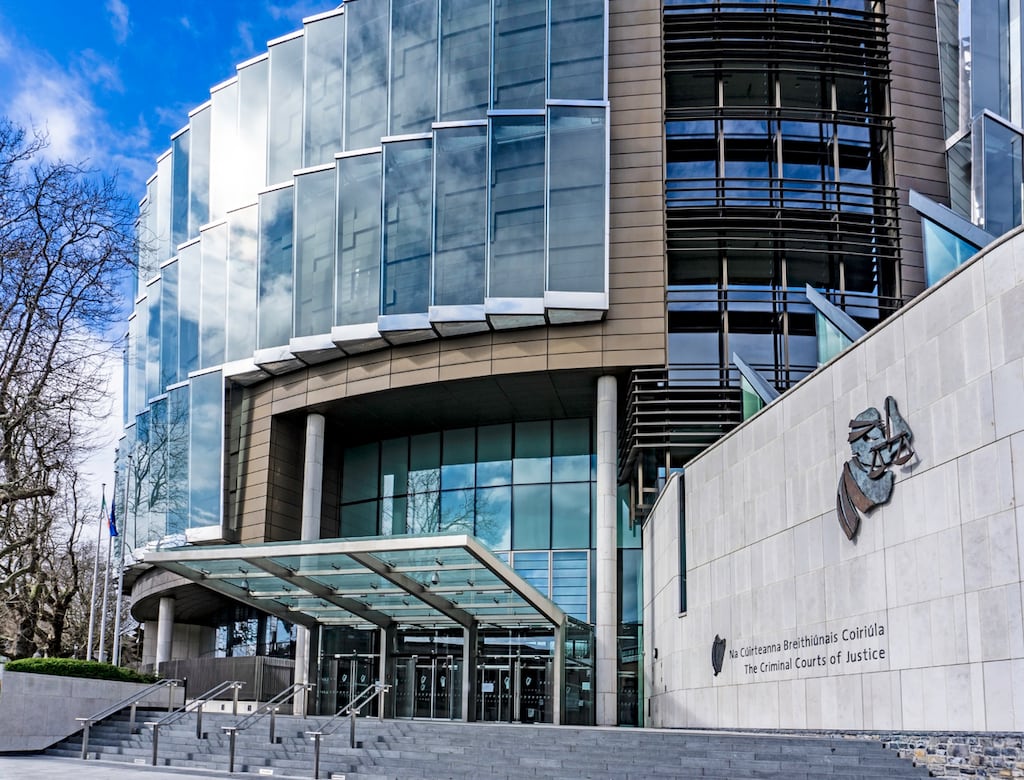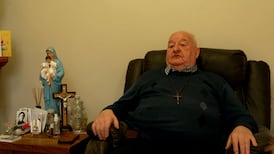A four-year-old boy was “kept out of sight” from his family to hide bruising on his face following a series of assaults before he died having been shaken by his stepmother, a barrister has told a murder trial at the Central Criminal Court.
In her opening speech on Wednesday Anne Rowland SC for the Director of Public Prosecutions (DPP) said the accused, a woman in her 30s from the southwest of the country, told gardaí the boy was a “bold, cheeky child” and often had to be grounded.
She described keeping the boy in his room in the days before his death, where he had to sit on the floor and was allowed out only to go to the bathroom or for emergencies. She told gardaí that on the day the boy suffered his fatal injuries, she “snapped” and recalled “shaking him and screaming at him to behave” before he fell on the floor.
Ms Rowland said that on March 13th, 2021, the child’s father called emergency services, saying the boy had fallen from his bunk bed. An emergency crew found the boy sitting on his bedroom floor, unconscious. Suspicions were raised, counsel said, when doctors and emergency personnel noticed multiple bruises of different colours to the child’s face, chest, arms and legs.
READ MORE
Ms Rowland said the prosecution intends to prove that there were a series of assaults on the boy that escalated on March 13th. She said a pathologist will say that the brain injury the boy suffered was not caused by a fall from a bunk bed but by shaking combined with contact with a flat surface.
The court also heard that on the morning when emergency services were called, the accused Googled: “Why is it bad if you bang your head and go to sleep?”
The accused cannot be identified to protect the identity of a child witness in the trial. She has pleaded not guilty to murder but guilty to the boy’s manslaughter.
Ms Rowland told the jury that the deceased’s mother and father had been in a relationship for some years, but split up and began new relationships.
The deceased’s father began a relationship with the accused and they moved in together. By late 2020, the deceased’s mother was suffering mental health issues so she allowed the boy to live with his father and the accused woman in their three-bedroom house.
At 12.46pm on March 13th, 2021, the child’s father called 999 and said his son had fallen from the top bunk in his bedroom and was unconscious, Ms Rowland said. An ambulance arrived shortly after 1pm and found the boy in the foetal position, lying unconscious on the floor, counsel said. His head was on a pillow but he had no blankets.
Ms Rowland said the emergency services crew were immediately concerned that the boy had different coloured bruises, which suggested they had been caused at different times.
They brought him to a nearby hospital where doctors noticed the boy had a black eye, bruising on his face and arms and he remained unconscious. A CT scan revealed bleeds in two parts of the brain, his pupils were fixed and an assessment showed he was “not conscious at all”, counsel said.
A doctor who assessed him will tell the trial she did not believe the internal brain injuries she saw could have been caused by a fall from a bunk bed.
Specialists in Temple Street children’s hospital were consulted and said the child would ideally be brought in for surgery, but, having looked at the scans, they did not believe he would survive the journey. He was taken to another hospital where doctors carried out a craniotomy, but he did not revive.
Doctors decided that nothing could be done for the child but that there was better end-of-life care at Temple Street, so he was taken there by ambulance. He spent a few hours with his grandparents before doctors turned off the life-support machines. He took just 15 minutes to die, Ms Rowland said.
State Pathologist Dr Heidi Okkers will tell the trial that the boy died due to a traumatic head injury in association with blunt-force trauma to the stomach, Ms Rowland said. The blunt-force injury to the abdomen, she said, caused a laceration to the boy’s liver.
Dr Okkers will also tell the trial that the brain injury was not caused by a simple fall, but from shaking combined with contact with a flat surface.
The accused woman spoke to gardaí after the child’s injuries first came to light, Ms Rowland said. She told gardaí that he was a “bold, cheeky child” who would be put on the bold step. For the previous month, she said, his behaviour had become worse and he was often grounded or sent to his room.
On March 9th, she said, he had been grounded and not allowed downstairs. When the boy was grounded, the accused told gardaí, he was not allowed to leave his room and could not sit on his bed but had to sit on the floor. He would be allowed out only to go to the toilet or for emergencies.
He remained grounded in his room for the following three days even though there were two different family celebrations with other family members visiting over those days, Ms Rowland said.
The trial continues in front of Mr Justice Paul McDermott and a jury of four women and eight men.









